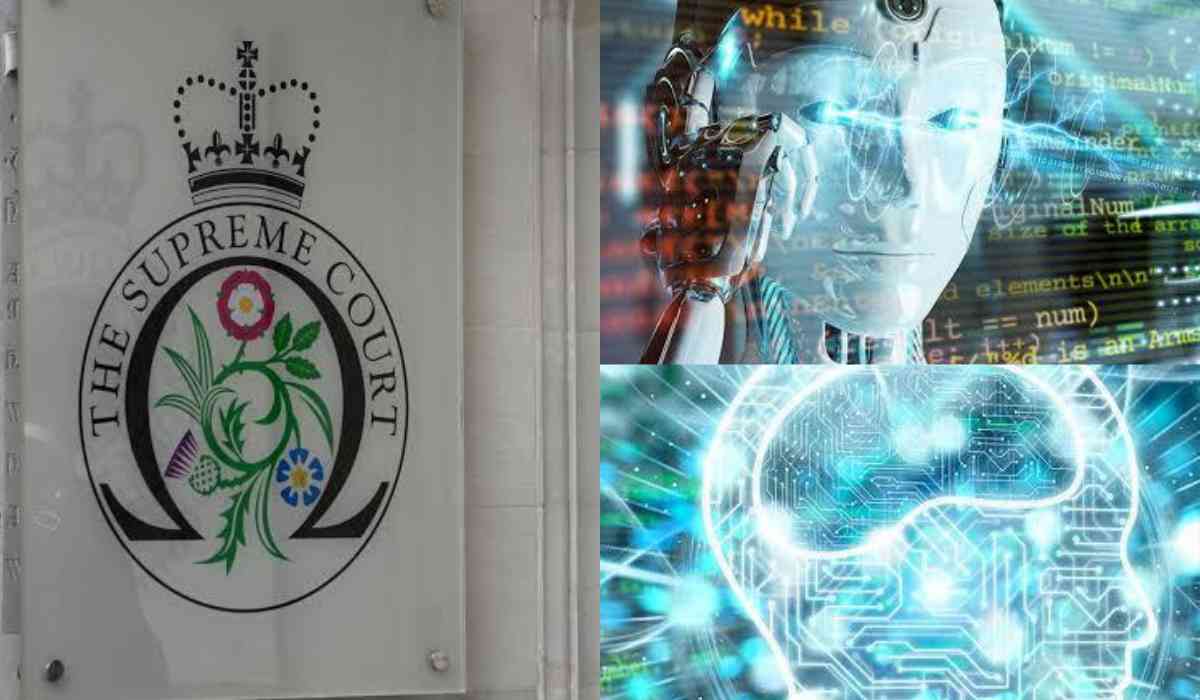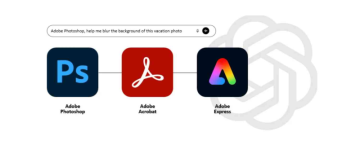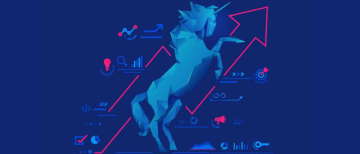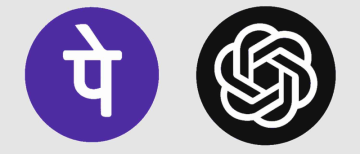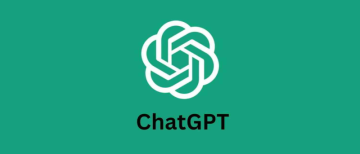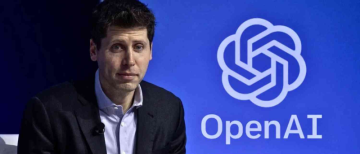The UK Supreme Court in a judgement on Wednesday ruled that Artificial intelligence cannot ‘legally’ patent inventions as according to current law, "an inventor must be a person" to be eligible for patent applications, after a prolonged legal dispute between technologist Dr. Stephen Thaler and the Intellectual Property Office (IPO).
The US-based developer Thaler sought for two patents in the UK for inventions he claims were devised by his "creativity machine" named DABUS, which independently generated designs for a food or drink container and a light beacon. However, in December 2019, Britain's Intellectual Property Office rejected Thaler's attempt to register the patents, citing the requirement that the inventor must be a human or a company, not a machine.
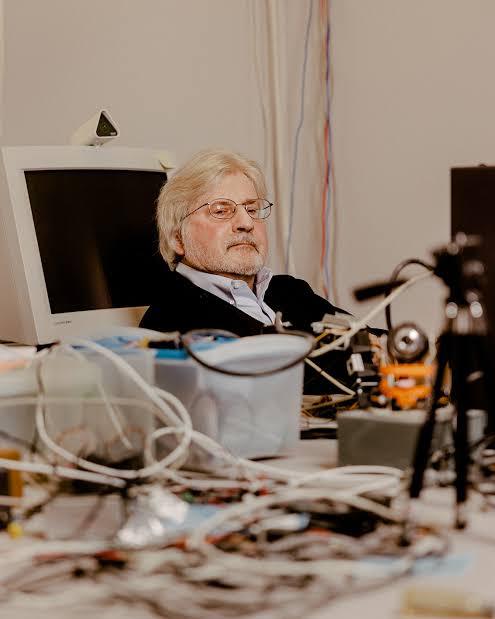
Photo: The Economist ( In Photo: Dr Stephen Thaler)
The high court and the court of appeal upheld this decision in July 2020 and July 2021, respectively. Thaler then appealed to the UK's Supreme Court, but A panel of five supreme court justices unanimously rejected Thaler's case.
Lord Kitchin, supported by Lords Hodge, Hamblen, Leggatt, and Richards, affirmed that the IPO was correct in determining that DABUS was not an inventor of the products or processes described in the patent applications.
The dispute over DABUS focused on the application process under the Patents Act 1977, and the judges did not rule on whether the AI genuinely created its inventions.
During the March hearing, Thaler's lawyers contended that patent law does not "exclude" non-human inventors and lacks requirements regarding "the nature of the inventor."
In contrast, Stuart Baran, representing the IPO, asserted in written arguments that patent law necessitates "identifying the person or persons" believed to be an inventor.
Judge: ‘It is not a person, let alone a natural person’
Lord David Kitchin, the judge emphasized, "It is not a person, let alone a natural person, and it did not devise any relevant invention. Accordingly, it is not and never was an inventor for the purposes of the 1977 act."
He stated that the IPO was justified in considering Thaler's applications as "withdrawn" under patent rules because he failed to identify any person believed to be the inventor of the described inventions.
Lord Kitchin emphasized that DABUS is "a machine with no legal personality," and Dr. Thaler lacks an independent right to obtain a patent for any technical advance. Patents, granting protective legal rights, are awarded for inventions that must be new, inventive, and capable of being made or used, as per government guidance.
Judge Kitchin clarified in the court's written ruling, "This appeal is not concerned with the broader question whether technical advances generated by machines acting autonomously and powered by AI should be patentable."
The ruling also specified, "Nor is it concerned with the question whether the meaning of the term 'inventor' ought to be expanded... to include machines powered by AI which generate new and non-obvious products and processes which may be thought to offer benefits over products and processes which are already known."
Reaction to the ruling from both sides
Thaler's lawyers emphasized in a statement that the ruling "establishes that UK patent law is currently wholly unsuitable for protecting inventions generated autonomously by AI machines and as a consequence wholly inadequate in supporting any industry that relies on AI in the development of new technologies."
A spokesperson for the IPO welcomed the decision "and the clarification it gives as to the law as it stands in relation to the patenting of creations of artificial intelligence machines." They acknowledged legitimate questions about how the patent system and intellectual property should handle such creations and mentioned that the government will keep this area of law under review.
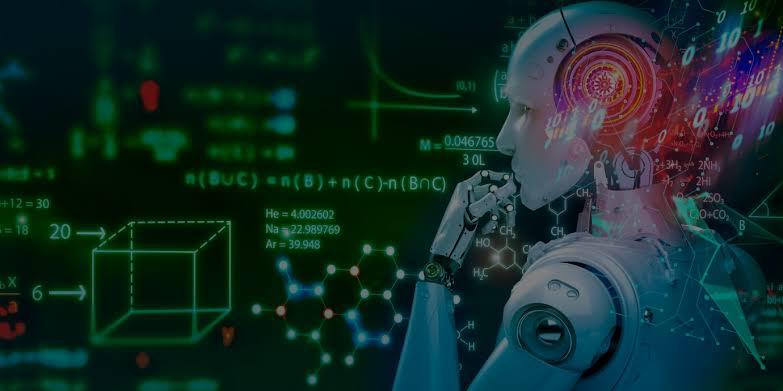
Earlier this year, Thaler faced a similar outcome in the United States, as the Supreme Court declined to hear a challenge to the U.S. Patent and Trademark Office's refusal to issue patents for inventions created by his AI system.
©️ Copyright 2023. All Rights Reserved Powered by Vygr Media

